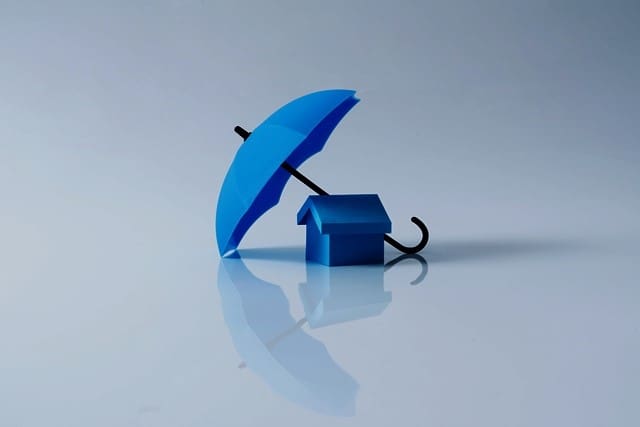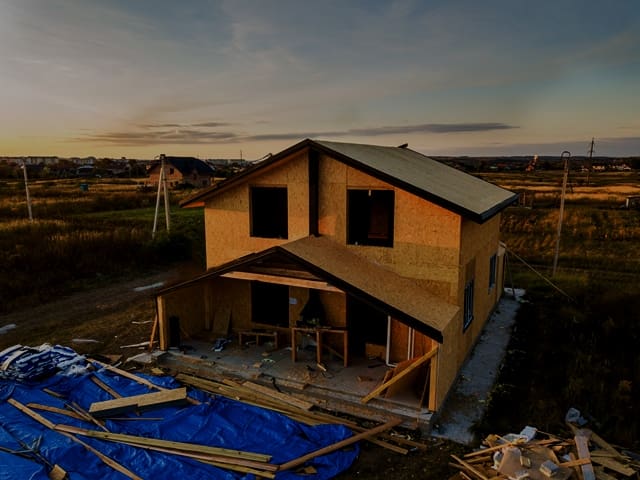Building a new home is an exciting milestone, but the final steps before closing can be overwhelming. From inspections to paperwork, there are crucial tasks that must be completed to ensure a smooth transition to homeownership. Preparing well in advance can help you avoid delays and costly mistakes. This guide will walk you through the top five things you need to do before closing on your new home. By following these tips, you’ll be ready to move into your dream house with confidence.
1. Conduct a Final Walkthrough
A final walkthrough is an essential step to ensure your new home meets your expectations. During this inspection, check for any incomplete or substandard work, such as paint touch-ups, electrical installations, or plumbing fixtures. Test appliances, lights, and faucets to confirm they are functioning correctly. Don’t forget to verify that all agreed-upon repairs or upgrades have been completed and be sure to get a copy of any warranties that may be in place. Bring a checklist to make sure you don’t overlook anything. Addressing issues before closing will save you time and money in the long run.
2. Review Your Closing Disclosure

The closing disclosure outlines the final terms of your loan, including the loan amount, interest rate, and closing costs. A copy of this paperwork should be made available in advance of your closing. Carefully review this document to ensure accuracy and understanding. Look for discrepancies between the closing disclosure and your loan estimate, and don’t hesitate to ask your lender, real estate professional, or closing attorney for clarification. Confirm that all fees and charges are correctly listed to avoid surprises on closing day. Taking the time to review this document thoroughly will provide peace of mind and financial clarity.
3. Arrange for a Home Inspection
Even if your home is newly built, a professional inspection can reveal potential problems. Hire a qualified home inspector to examine the structure, electrical systems, plumbing, and HVAC. Pay attention to hidden issues such as improper grading, which can lead to drainage problems, or faulty wiring. An inspection report will give you leverage to request necessary repairs from the builder. Investing in a home inspection ensures your new home is safe, functional, and built to last.
4. Secure Homeowner’s Insurance

Homeowner’s insurance is a crucial requirement for closing and protects your investment from unexpected disasters. Shop around for policies to find the best coverage and rates. Ensure the policy covers both the structure and your personal belongings. Some lenders may require additional coverage, such as flood or earthquake insurance, depending on your location so be sure to confirm all requirements in advance. Confirm that your policy is active on the closing date to avoid delays. Having comprehensive insurance will give you peace of mind as you settle into your new home.
5. Plan Your Move-In Strategy
Coordinating your move-in plans is vital for a seamless transition. Schedule movers or rent a truck well in advance, especially during peak moving seasons. Create a detailed moving checklist to keep track of tasks like setting up utilities, changing your address, and unpacking essentials. Communicate with your builder to ensure the home will be ready on the agreed-upon date. Proper planning will make moving day less stressful and allow you to enjoy your new home immediately.
Closing on a new home marks the beginning of an exciting chapter, but preparation is key to a successful process. By conducting a final walkthrough, reviewing your closing disclosure, arranging for a home inspection, securing insurance, and planning your move, you can ensure a smooth transition. Taking these steps will not only protect your investment but also set the stage for a stress-free move into your dream home. With careful planning, you’ll be ready to enjoy the comfort and security of your new space.
#HomeBuying #NewHome #ClosingDay #Homeownership #RealEstateTips

Richard has extensive experience in all aspects of buying and selling residential property. He has sold more than 400 homes and well over $100 million in residential real estate. There’s no need to guess. Get expert advice that will allow you to buy and sell with confidence and ease.
For neighborhood guides about Decatur and other intown neighborhoods, click here.
To learn more about the value of your home, please complete the form here.
If you are looking to purchase a home, please reach out here. We would love to help you have a wonderful buying experience.
You can always reach us through the Contact Us page here as well.
